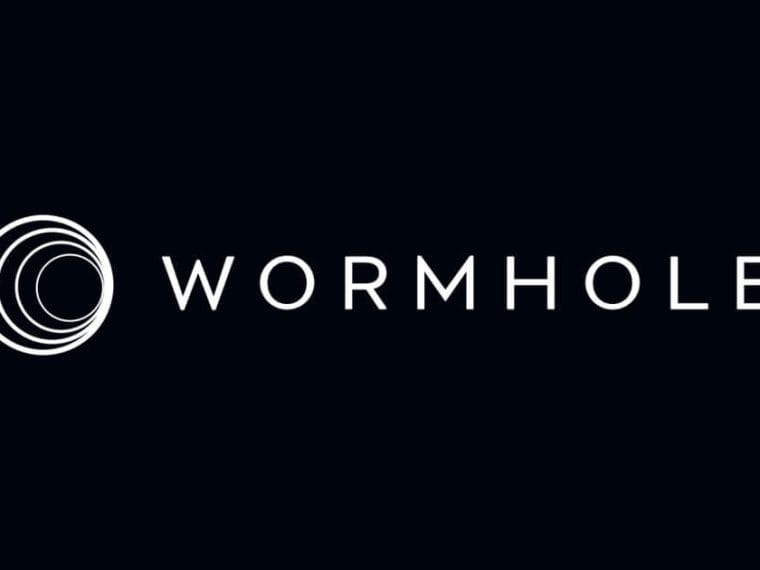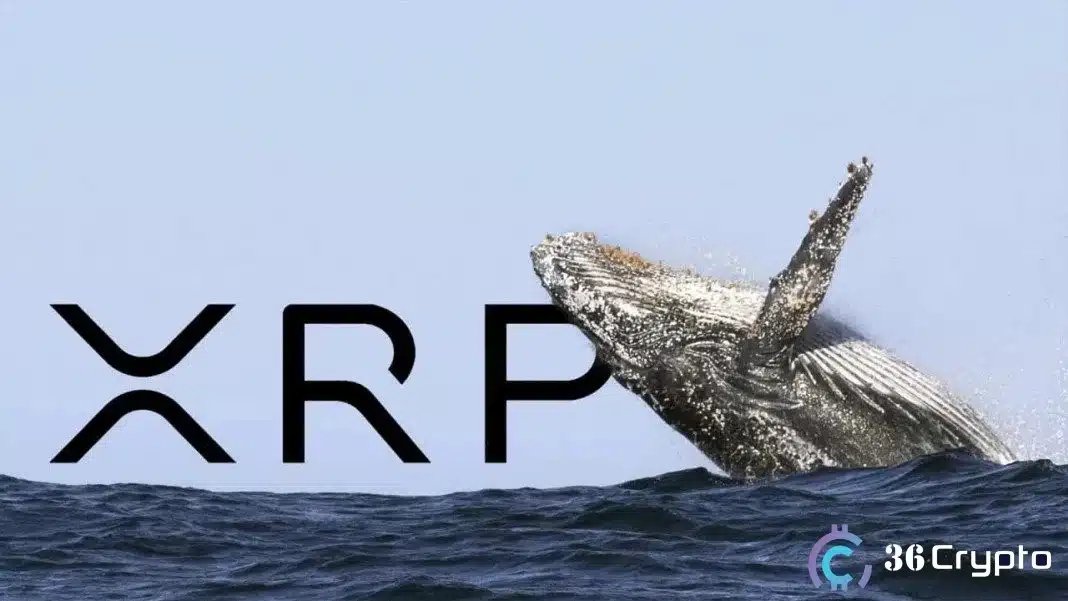Schiff has been prescient in the past, but his observations are shocking not because they are new but because they highlight a persistent and continuing danger to the American economy.
© 2019 Bloomberg Finance LP
Economist and market commentator Peter Schiff is warning about what might be a repeat of the mortgage crisis of 2008. Schiff is notable for his book Crash Proof, published in 2007 and other commentary where he predicted a major economic collapse in the economy. Unlike many prognosticators, politicians, and financial advisors, Schiff is something of a skeptic of homeownership as viable investment. So, it’s worth listening to his thoughts highlighted in a recent article.
The news article, titled, “Peter Schiff warns of US ‘housing emergency’ — with a cascade of defaults as Americans mail back their keys” points to the relationship between the price of homes and interest rates. During the pandemic interest rates on mortgages fell, allowing people to buy homes they might not otherwise would have been able to buy. Then prices went up and so did interest rates when massive government spending during and after the pandemic. Rates are coming down, and if prices follow, many homeowners in the first decade of paying 30-year mortgages
“It’s going to create a bunch of defaults and a lot of people are going to walk away and mail in their keys because they can’t sell their houses for more than they owe,” Schiff said in the article. This is more or less what happened in 2008. People purchased homes because rates were low but so were standards. At the time, I remember I felt sort of foolish for not “getting into the market” and buying a home. There were many people who were able to buy homes they rented and others became flippers, buying homes and doing light remodels then selling them just weeks or months later. The inflation meant that pressure to buy increased because waiting meant a higher price tomorrow. This of course just fueled the inflation.
But many households just wanted the so-called American Dream, a house that would appreciate in value and allow a generational transfer of wealth. For these households, the easy purchase was an investment but also the acquisition of social status. This too fueled purchases but by people who had lower credit scores and more questionable incomes.
Taken together, the crisis of 2008 is entirely different that today’s market. Underwriting standards were changed after that crisis and many single-family homes indeed appreciated over the last five years. Still, Schiff’s point is that “at some point, there are people that have to sell their houses for whatever reason and if they have to slash the prices to do it, they may not have enough money to repay the mortgages,” he warns. “This could have a cascading effect,” he warned.
I’ve been saying more lately about the problems with the 30-year mortgage, and this problem is inherent in the mortgage system itself. When households get into a mortgage, they usually assume a reasonable increase in wages over time and continued employment. They also assume that family structures will hold and won’t be disrupted enough to impact regular mortgage payments. The problem is that many households will pay all the interest up front on their loans, and won’t see any real equity until more than a decade has passed. When a job is lost or other changes happen, and appreciation doesn’t exceed the loan balance, yes, there is serious problem and families will sell under distress or walk away.
I’m not as schooled and experienced as Schiff, but even I can see that the entire structure of financing housing through long-term, government backed debt is precarious. At the margins, today’s economy is much more volatile than it has been in the past. If even a small percentage of people can’t make monthly payments, the entire tapestry can unravel. And here’s the other problem; to avoid this kind of default, the best cure is hyperinflation in the housing market. When appreciation increases because of lack of supply, households can see it outpace the interest payments. But this comes at the expense of other families priced out of the market.
The time is now to begin looking at systemic change, including alternative models of ownerships like cooperatives and community lending that could diversify ownership options especially for people who are more vulnerable to economic shocks or downturns. Instead, government and the lending industry continue to bank, literally, on mortgages to buy homes as a viable way to create generational wealth. And most Americans still judge themselves by whether they own a home with a mortgage. We can’t wait much longer to change this before we have yet another crisis.
Source: https://www.forbes.com/sites/rogervaldez/2025/11/05/economist-schiffs-warnings-highlight-deep-flaws-in-mortgage-system/


